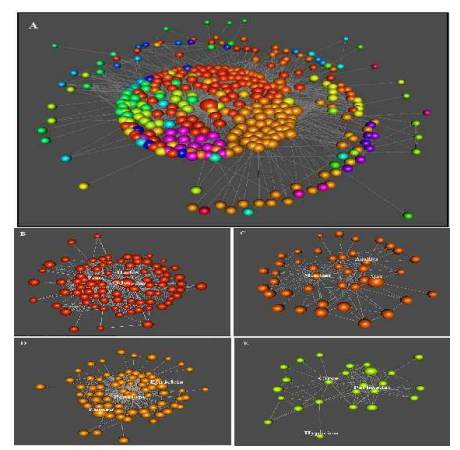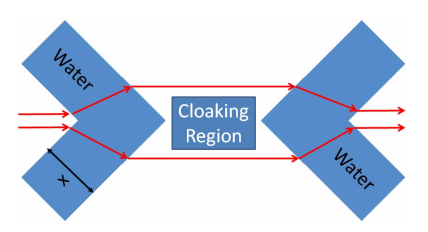- Stories From Around the Web (Week Ending June 14, 2013)
A roundup of the most interesting stories from other sites, collected by the staff at MIT Technology Review.
The Secret War
This account of General Keith Alexander’s cyberwar efforts paints a valuable big picture.
—Tom Simonite, IT editor
- The Secret to a Video-Game Phenomenon
By eschewing grit and realism for creativity and simplicity, Minecraft shows how bedroom programmers can bypass publishers to create global hits.
All video-game makers are minor gods. They are, after all, in the business of world creation. The game creator sets down the mountains and arranges the valleys in his or her world. The creator decides upon the sky’s hue, the water’s viscosity, the pitch of birdsong, and the force of gravity’s pull. The creator types “Let there be light” (or the C# equivalent) and there is light. The creator chooses how and when night falls and whether or not there will be a new dawn. The creator conjures how time works (linear, malleable, or something else entirely) and writes the strands of code that form the incumbent creatures’ DNA. Then, when everything is planned out, the creator clicks “RUN” to execute a Big Bang.
- Artificial Spleen Offers Hope for Faster Sepsis Diagnosis and Treatment
Researchers are designing a “dialysis-like” machine that could identify and remove pathogens responsible for an often lethal blood infection.
Taking advantage of recent advances in nanotechnology and microfluidics, researchers have made significant progress toward a device that could be used to rapidly remove pathogens from the blood of patients with sepsis, a potentially life-threatening condition that occurs when an infection is distributed throughout the body via the bloodstream.
- U.S. Supreme Court Says “Natural” Human Genes May Not Be Patented
The decision should reduce uncertainty in the field of molecular diagnostics.
The U.S. Supreme Court gave a mixed ruling on the issue of human gene patents on Thursday, deciding that while DNA found naturally cannot be patented, synthetically produced DNA can.
Digest powered by RSS Digest






